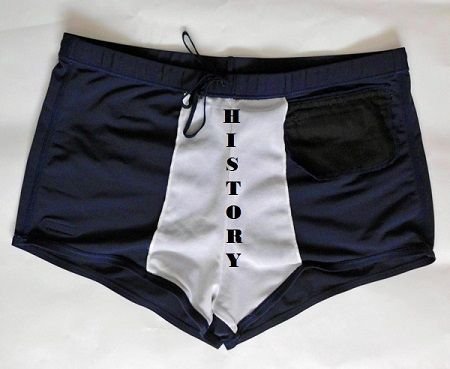I've decided to look up a few tidbits about history. No special topic, just history in general. I hope it's something that will peak some interest.

Mason and Slidell were freed by President Lincoln on December 26, 1861, averting a war between the United States and Great Britain. The two men were aboard the Trent, a British mail steamer, on November 8, 1861,when they were pulled over by the U.S.S. San Jacinto. They were headed to London to lobby for recognition of the Confederacy. The Union ship intercepted the English ship near the Bahamas, arrested the Southerners, and took them back to Boston. The British were outraged when word of the interception reached London in late November. They had not taken sides in the American Civil War and their policy was to accept any paying customer who wished to travel aboard their ships. The British government dispatched a message to the American government demanding the release of Mason and Slidell, along with an apology for the transgression of British rights on the high seas.
The British cabinet sent a message on December 1 insisting that the U.S. respond within a week. The British also began preparing for war, banning exports of war materials to the U.S. and sending 11,000 troops to Canada. Plans were made to attack the American fleet that was blockading the South.The British also planned a blockade of Northern ports.
Lincoln decided not to push the issue. On December 26, he ordered the envoys released and averted a war with England in the process. The incident gave the Confederates hope that there was support for their cause in Britain, but it also demonstrated how hard the Union would work to avoid conflict with Britain.On December 26, 1966 Jimi Hendrix wrote Purple Haze, the song that would define an entire musical era, while backstage at the Uppercut Club in London.
Released in the United States as the lead single from The Jimi Hendrix Experience’s debut album, Are You Experienced, in June 1967, “Purple Haze” actually had relatively little commercial success as a single. It was Hendrix’s legendary, guitar-burning live performance at the Monterey Pop Festival that same month that established him as a star—though not too big a star to act, briefly, as the opening act for The Monkees later that summer.
In 2004, Rolling Stone magazine ranked “Purple Haze” #17 on its list of “The 500 Greatest Songs of All Time.”Former President Harry S. Truman died in Independence Missouri on December 26, 1972. Truman entered politics in 1922 and went on to serve in the U.S. Senate from 1934 until he was chosen as Franklin D. Roosevelt’s fourth vice president in 1945; it was during his Senate terms that he became known for his honesty and integrity.
Upon FDR’s death on April 12, 1945, Truman became the 33rd president of the United States, assuming the role of commander in chief of a country still embroiled in World War II. With victory in Europe was imminent, Truman agonized over whether to use nuclear weapons to force Japan to surrender. Just four months into his tenure, Truman authorized the dropping of two atomic bombs on Japan in August 1945.
Truman served as president for two terms from 1945 to 1953, when he and his wife Bess happily retired to Independence, Missouri, where he referred to himself jokingly as “Mr. Citizen.” He was hospitalized on December 4, 1972, with lung congestion, heart irregularity, kidney blockages and failure of the digestive system.